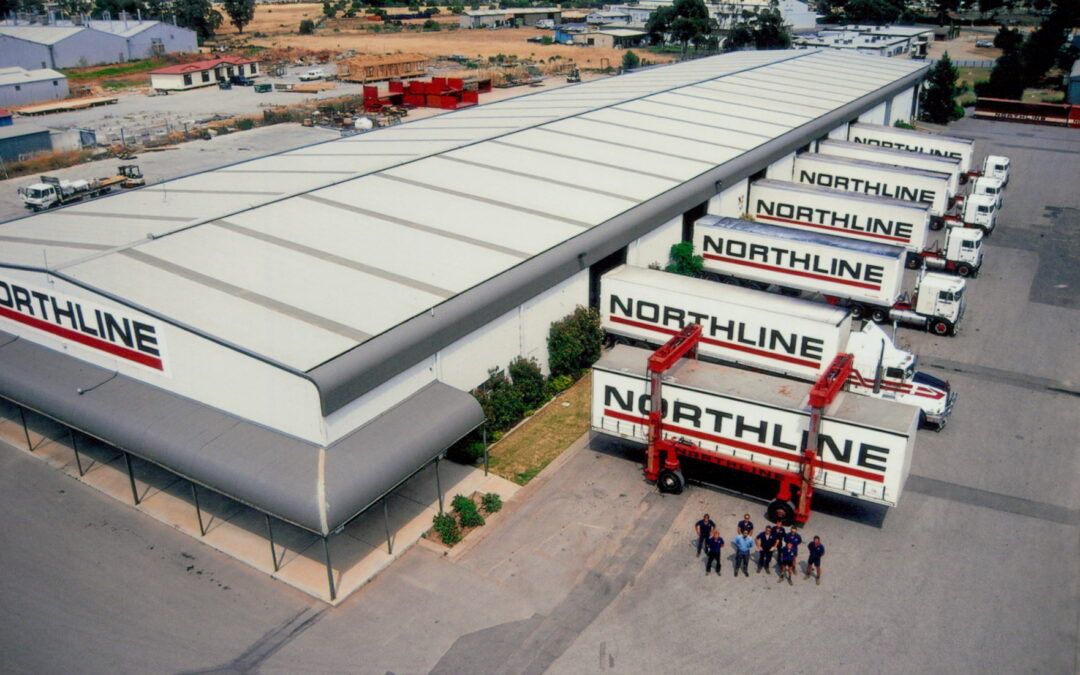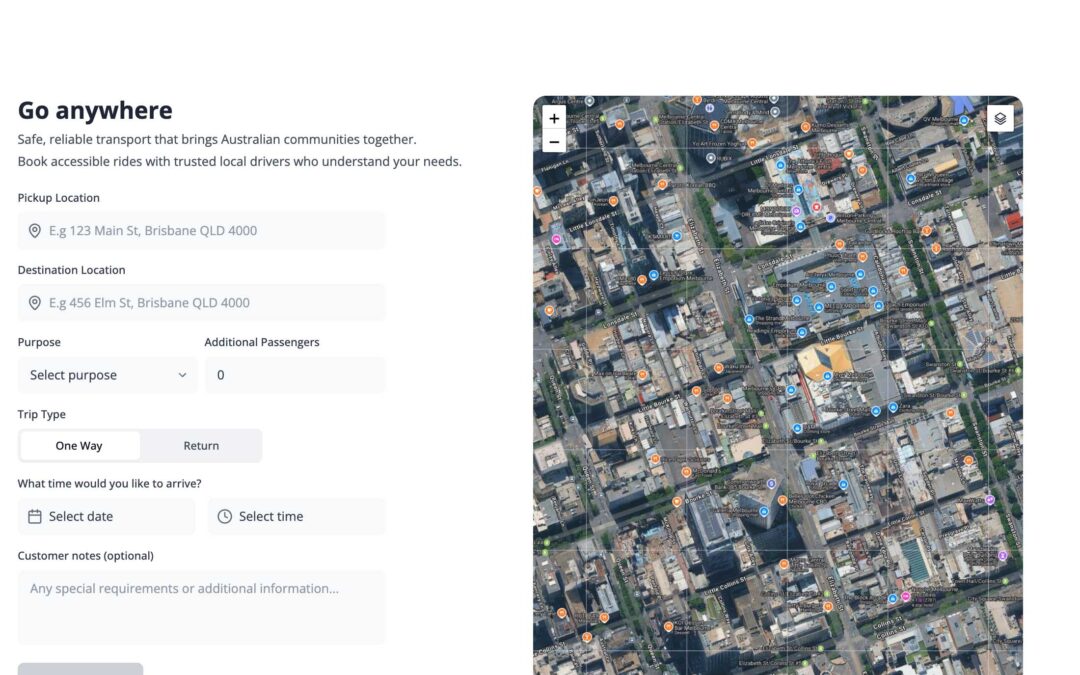In today’s fast-paced business environment, every decision made by a Chief Executive Officer (CEO) can significantly impact an organisation’s efficiency and resource management. Among these decisions, managing a fleet of vehicles often stands out as a critical operational challenge. However, what may initially seem like a logistical headache holds immense potential to use new advancements in software to streamline operations, reduce costs, and enhance overall efficiency. Let’s explore the transformative benefits of adopting the Transport360, tailored to meet the needs of transport operations.
Enhanced Resource Allocation
Optimal resource allocation is fundamental to effective management. With Transport360, organisations can ensure that vehicles are utilised to their fullest capacity, minimising instances of underutilisation or overuse. Our system leverages tracking technologies and data analytics to provide insights into vehicle usage patterns, allowing for informed decisions on fleet size and distribution. This ensures that resources are directed towards areas where they can generate maximum value for the organisation.

Improved Operational Efficiency
Efficient operations are essential for meeting diverse organisational needs. Transport360 streamlines various processes, for example: scheduling and routing vehicles for optimal service delivery. Our intelligent routing algorithms optimise routes, reducing fuel consumption, minimising travel time, and enhancing overall productivity. Moreover, clients utilising our Artificial Intelligence through our optimisation capabilities gain an edge in automating complex decision-making processes, resulting in significantly improved operational workflows and efficiencies.
Heightened Safety and Compliance
Ensuring the safety of personnel and assets is a top priority for any organisation. Transport360 provides real-time monitoring of vehicle performance, enabling proactive measures to address safety concerns promptly. Features such as automated checks for managing driver breaks that combat fatigue, load limits, pre-start safety checklists, and fit-for-work declarations help enforce compliance with safety protocols and regulatory requirements. Chain of Responsibility compliance is managed and demonstrated via Transport360 dashboard and alerts. By promoting safer driving practices and adherence to regulations, CEOs can mitigate risks and uphold the organisation’s reputation.
Environmental Sustainability
Organisations play a crucial role in promoting environmental stewardship. Adopting eco-friendly practices in fleet management with Transport360 not only reduces carbon emissions but also sets a precedent for sustainable initiatives. Our system helps optimise routes to minimise fuel consumption and supports the transition to electric or hybrid vehicles. By embracing sustainability, CEOs can fulfill their duty towards future generations and position their organisation as a leader in environmental responsibility.

Data-Driven Decision Making
In an era driven by data, harnessing the power of information is essential for informed decision-making. Transport360 generates a wealth of data, from vehicle performance metrics to operational costs. By leveraging our comprehensive analytics tools, CEOs can derive actionable insights that drive strategic initiatives. Whether it’s identifying cost-saving opportunities, reallocating resources based on demand trends, or evaluating the effectiveness of service delivery, data-driven decision-making empowers CEOs to steer their organisations towards greater efficiency and transparency.
Enhanced Customer Service
At the core of any organisation lies the commitment to serving its customers effectively. A well-managed fleet plays a vital role in delivering prompt and reliable services. Transport360 ensures timely and efficient service delivery by minimising delays, optimising routes, and deploying vehicles strategically. Enhanced customer satisfaction and public trust are achieved through efficient and reliable operations.
Cost Savings and Fiscal Responsibility
In an era of budget constraints, cost optimisation is imperative. Transport360 goes beyond operational efficiency; it directly impacts the bottom line. By reducing fuel consumption, exposing fleet redundancy, and automating time-consuming manual tasks, organisations can achieve substantial cost savings without compromising service quality. Additionally, Transport360 helps avoid costly penalties associated with non-compliance or neglect through proactive fleet management.

In today’s dynamic business landscape, embracing smart transport technology software like Transport360 is not just a matter of convenience; it’s a strategic imperative. From optimising resource allocation and enhancing operational efficiency to promoting safety, sustainability, and fiscal responsibility, the benefits are manifold. By leveraging Transport360, CEOs can unlock the full potential of their fleet, driving positive outcomes for their organisations and the communities they serve. As stewards of trust and resources, CEOs can lead by example, setting new standards of excellence in transport management and governance.












